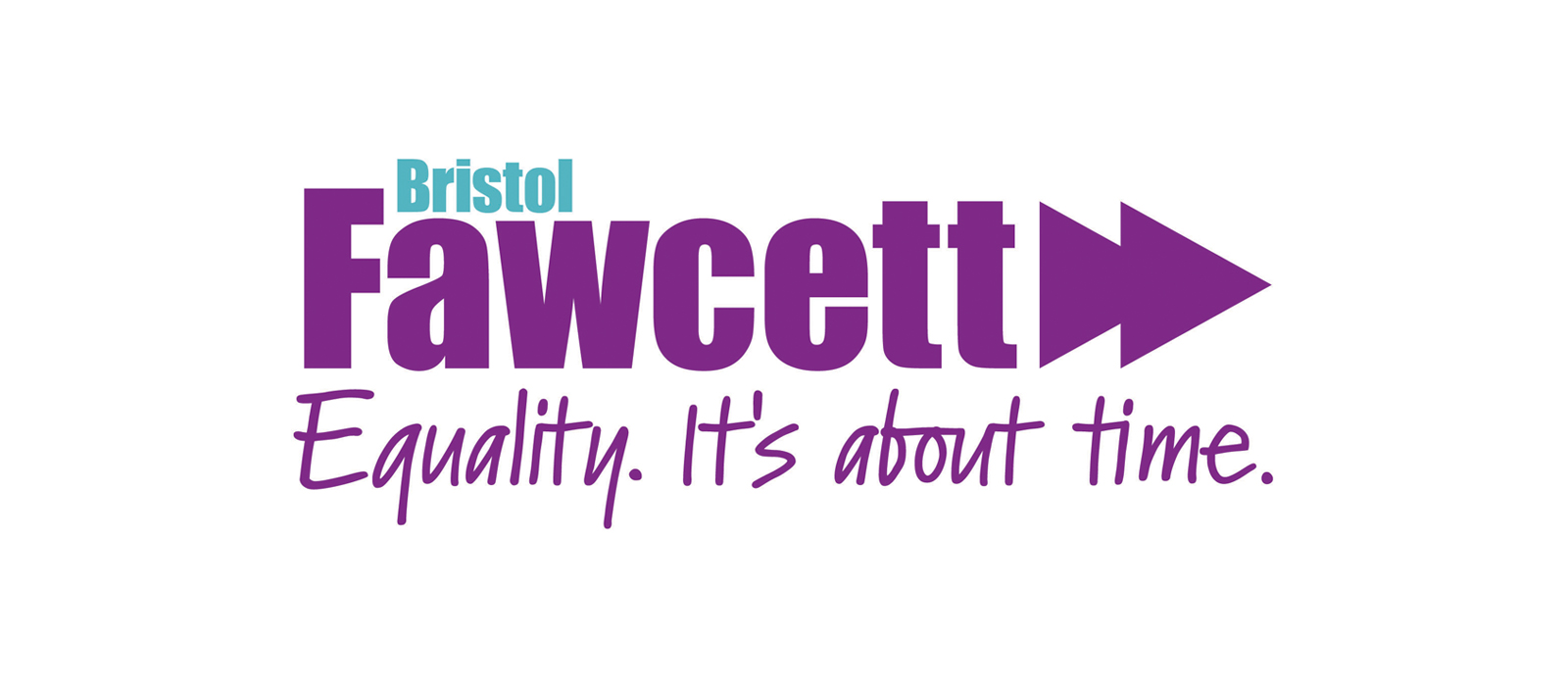See below for links to relevant campaigns and resources relevant to gender equality issues in education. See also the teaching resources page.
This page was last updated in 2013.
…with thanks to ThinkingPeople
Astell Project - “acting as a resource bank and agitating for gender education so that legal and governmental commitments to equality, diversity and the provision of a safe environment are met.”
Coalition on men and Boys - “addresses masculinity issues across the range of public policy”
Centre for Women and Democracy - “The Centre for Women & Democracy believes that women are under-represented at all levels of public life and public decision-making and works to change this.”
Dartss - Domestic Abuse Resources and Training for Schools in Scotland
End Violence Against Women (EVAW) “[a] coalition of individuals and organisations who are calling on the Government, public bodies and others to take concerted action to end violence against women.”
Equality and Human Rights Commission “Our job is to promote equality and human rights and to create a fairer Britain.”
European Women”s Lobby 50/50 Campaign for Democracy “The European Women”s Lobby (EWL) is calling for immediate and long-term measures to ensure gender equality at both European and national levels to improve the functioning and quality of our political systems”
Fatherhood Institute “The UK’s fatherhood think-tank”
Fawcett Society “the UK”s leading campaign for equality between women and men. Founded in 1866, our vision is of a society in which women and men can enjoy equality at work, at home and in public life.”
Gendershift “to help create a fairer world in which every person’s gender, gender identity, gender expression and sexual orientation are accepted and respected”
Home Office: Call to End Violence Against Women and Girls
NSPCC - research on “Sexting” (May 2012) with recommendations for schools, parents and professionals
One Step Too Far - Campaign developed by the Welsh Assembly showing everyday abusive and controlling or harassing behaviour from men to women. Includes “Hidden camera” footage of street harassment.
Pinkstinks “a campaign and social enterprise that challenges the culture of pink which invades every aspect of girls’ lives.”
This is Abuse Government website and campaign to challenge the attitudes of teenagers to violence and abuse in relationships.
UKRC - UK Resource Centre for Women in Science Engineering and Technology “the Government”s lead organisation for the provision of advice, services and policy consultation regarding the under-representation of women in science, engineering, technology and the built environment”
UNIFEM: Virtual Knowledge Centre to End Violence Against Women and Girls: links to global guidance, reports and resources.
University of Sussex Gender Violence in Schools: links to global research reports and resources
The White Ribbon Campaign ” “the first male oriented organisation to oppose violence against women”
WISE - Women into Science, Engineering and Construction -“The WISE vision is to have most young women understanding science, engineering and mathematics, and many choosing it as a career.”
Women’s Resource Centre - “supports women”s organisations to be more effective and sustainable. We provide training, resources and support to women’s organisations and we campaign and lobby on key issues for the sector”
Working with Men - support, advise and advocate for men/boys and those working with them on a variety of issues relating to health, education, crime, underachievement, fatherhood and homelessness
Zero Tolerance - Scottish charity working to tackle the causes of men’s violence against women
Books
Combating Gender Violence in and around Schools (2006). “This excellent book lies at the crossroads of scholarship and activism and provides stimulating insights and practical examples for working towards educational experiences that are free from gender violence for all”. For academics, teachers and researchers in both the industrialised and the developing world.
Delusions of Gender by Dr Cordelia Fine (2010). Drawing on the latest research in neuroscience and psychology, Cordelia Fine debunks the myth of hardwired differences between men’s & women’s and girls’ and boys’ brains, unravelling the evidence
behind such claims. She offers a very different explanation of the dissimilarities between men’s and women’s behaviour. Instead
of a “male brain” and a “female brain,” Fine gives us a glimpse of plastic, mutable minds that are continuously influenced by cultural
assumptions about gender.
Genderwatch: Still Watching (2007). This comprehensive handbook contains 60 schedules covering all aspects of school life and all phases from preschool to secondary. Each schedule will help schools address their gender equality issues through reviewing practice, tackling inequalities and monitoring outcomes so they can meet their statutory obligations.
Girls, Boys and Junior Sexualities by Dr Emma Renold (2005). Fascinating and troubling exploration of children’s gender and sexual relations in the primary school.
Girls’ Voices: Supporting Girls’ Learning and Emotional Development (2003).
Letterbox library: fantastic books for children celebrating equality and diversity, including gender equality
Living Dolls: the Return of Sexism by Natasha Walter (2010). While the opportunities available to women may have expanded, the ambitions of many young girls are in reality limited by a culture that sees women’s sexual allure as their only passport to success. At the same time we are encouraged to believe that the inequality we observe all around us is born of innate biological differences rather than social factors. This book draws on a wealth of research and personal interviews.
The Equality Illusion by Kat Banyard (2010). This book sets out the ways in which women and girls still face inequality in almost every aspect of their lives, and reminds us that feminism is still one of the most urgent and relevant social justice campaigns of today.
